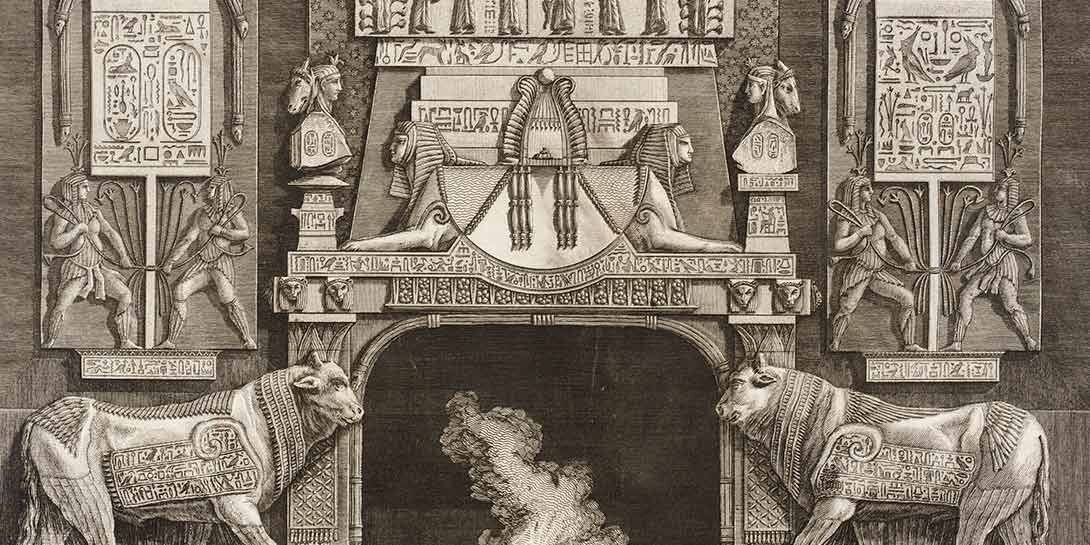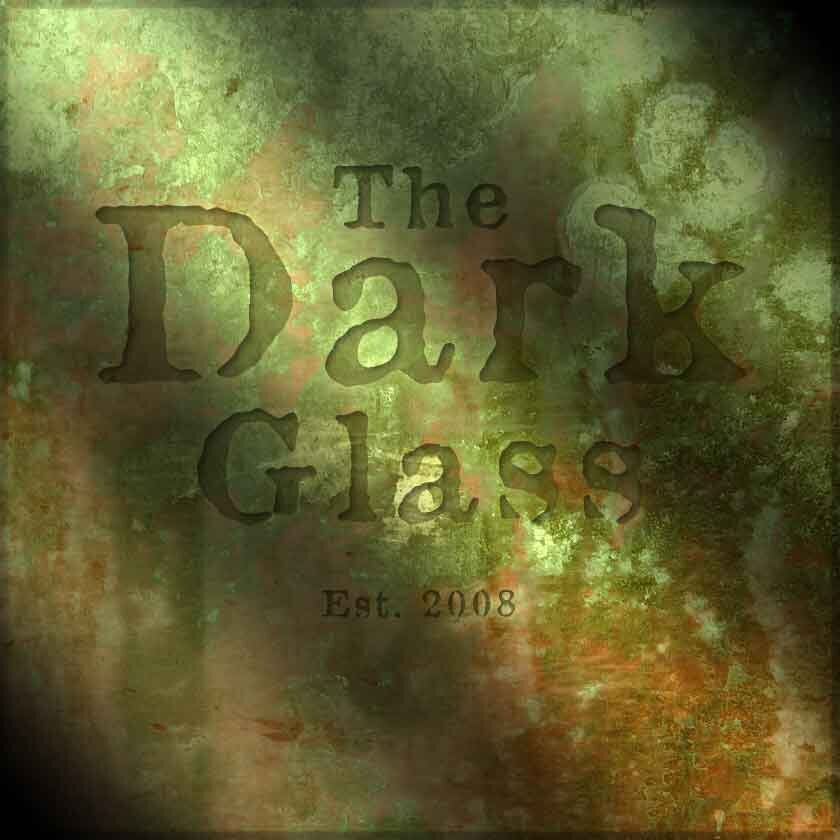
Content thinkers assemble!
We have to stop defining ourselves by the department we work in. We are all content creators, content strategists, content advocates, content thinkers. (We need a more unifying term, a unifying discipline separate from marketing and design. “Contenter” doesn’t seem to work. I spend probably way too much time considering alternatives.) And it goes way beyond marketing and design. Every department needs content. Every department needs content thinkers. (I could probably map every kind of content creator to a different Avenger, but I will refrain.)

Just what is content? And why that definition matters.
That’s a problem. Because essentially, the model we use for content is the same as it was thirty years ago. And in case you haven’t noticed, the way businesses operate today—and especially the way they communicate with their customers—has radically changed.

Don’t ask for content. Ask for outcomes.
The solution there is to focus on defining outcomes at the beginning of the process, not features. Doing this prompts the design team to ask questions about what’s possible, about all the different ways to meet the stated objective, and ultimately present a set of features that can realistically meet the criteria of viability, desirability, and feasibility.

Will the real content strategy please stand up?
At its most basic, content strategy is the process of answering the question, “how can we solve this problem with content?” The problem could be anything—a business goal, a specific user need, any set of requirements. Regardless of the scope of the problem—a page, a campaign plan, a UI element, or an entire company—the process is essentially the same.

Yes, enterprise content is really, really complex.
By starting with a comprehensive understanding of all the content requirements across the enterprise and then honestly prioritizing them, businesses can develop systems, platforms, and processes that actually fulfill those requirements in a way that makes sense to the customer.

Content strategy is a design function.
Goals define process. So if content strategy is being driven by specific business-facing outcomes, it’s almost guaranteed that the process will prioritize things that only allow for quality through brute force. Efficiency, speed, scalability, cost, and so on are all obviously important. But a process that prioritizes these will almost always ignore quality.

Your content is your customer experience.
But in today’s technology-driven, socially-responsible, ethically-complicated landscape, what a customer needs from a brand has radically changed. And it goes way beyond the screen. This means we need to change the way we think about what the customer needs—in other words, about content. And it means we need to change the way we think about not only the user experience but the holistic customer experience itself.

What makes content "great"?

Content marketing not marketing with content
In content marketing, on the other hand, we make and build content because we believe it has intrinsic value to our customers. Certainly, we want to make money, but we know the way to do that is to build real relationships with our customers, to capture their hearts and minds because we have given them something real. Making content that people like is our job. Everything else follows.
